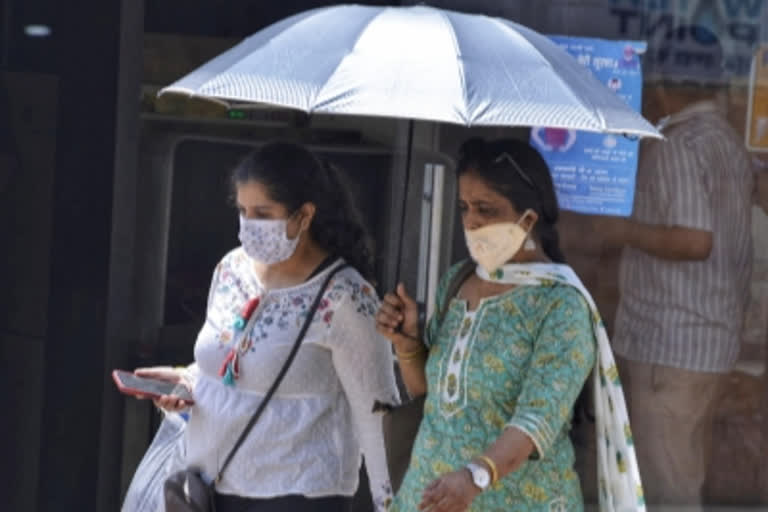New Delhi: A potent combination of sweltering summer and acute coal shortages have triggered blackouts across many parts of the country as states struggle to manage record demand for electricity and low feedstock at power plants. From Jammu and Kashmir to Andhra Pradesh, consumers are facing power cuts ranging from 2 hours to 8 hours. Factories are the worst hit as the industrial sector is the first port of call for regulating electricity supplies. After the hottest March on record, a large part of the country continue to experience extreme heat in April, sending power demand to an all-time high. The total electricity shortage in the country has hit 623 million units, surpassing the total shortage in March.
At the heart of the crisis are low inventories of coal -- the fossil fuel that produces 70 per cent of India's electricity. While the government insists that there is enough coal available to meet the demand, the reduced availability of railway rakes to transport coal has led to coal inventories being at the lowest pre-summer levels in at least nine years. Also, with international energy prices shooting up following the war in Ukraine, coal imports have dipped. Besides measures to increase coal supplies to power plants, the Union government has asked states to step up coal imports for the next three years to build up inventories.
Thermal plants across the country are grappling with coal shortages, indicating a looming power crisis in the country, All India Power Engineers Federation (AIPEF) said. Peak power demand met or the highest supply in a day was 200.65 GW on April 27 while peak power shortage was 10.29 GW. Latest data showed that 147 non-pit head plants with total capacity of over 163 GW monitored by the Central Electricity Authority (CEA) had 25 per cent of the normative coal stocks on April 26. These plants had 14,172 thousand tonnes of coal against the norm of 57,033 thousand tonnes.
Also read:Chhattisgarh govt declares summer holidays for schools due to heatwaves
Uttar Pradesh, India's most populous state, has a 3,000 MW deficit. Against the demand of around 23,000 MW, the supply is just 20,000 MW, resulting in load shedding in rural areas and smaller towns. According to the data made available by the state power department, at present, electricity is being supplied in rural areas on an average of 15 hours 7 minutes against the scheduled 18 hours. Similarly, electricity is being supplied on an average of 19 hours 3 minutes against the scheduled 21 hours 30 minutes in towns and 19 hours 50 minutes against 21 hours 30 minutes in tehsil headquarters. However, 24 hours of electricity is being provided at district headquarters.
Samajwadi Party President Akhilesh Yadav hit out at the BJP government in Uttar Pradesh for failing to provide sufficient electricity. The government claims to provide 18 to 20 hours of power in rural areas while only 4 hours of electricity is being made available and there is a blackout all night in many places. Kashmir valley is facing one of its worst power crisis as unscheduled and prolonged cuts in supply in the holy month of Ramzan have left the people distraught. Officials in the electricity department said the supply in April was around 900 to 1,100 MW while the demand was 1,600 MW.
Unscheduled power cuts in Tamil Nadu have hit the industry hard, particularly the matchbox factories in cities such as Virudhunagar, Tenkasi and Tuticorin. Last week, the state government said a shortfall of 750 MW from central grid led to power cuts in some parts of the state. Andhra Pradesh is facing a shortfall of about 50 million units of power as against the demand, which is touching 210 million units a day. According to the state Energy Secretary B Sridhar, the current crisis, which was a nation-wide phenomenon, might ease by the end of April. "The power distribution companies (discoms) are tying up for 30 MU from real-time markets to overcome the deficit. But still, there is a shortfall of some 20 MU as power is not adequately available in the market. Consequently, we are implementing restriction and control measures for the industrial sector," he said. He also said steps were being taken to ensure power supply to agriculture was not affected to save the standing crops. Currently, the discoms in the state are implementing a two-day 'power holiday' for industries every week.
